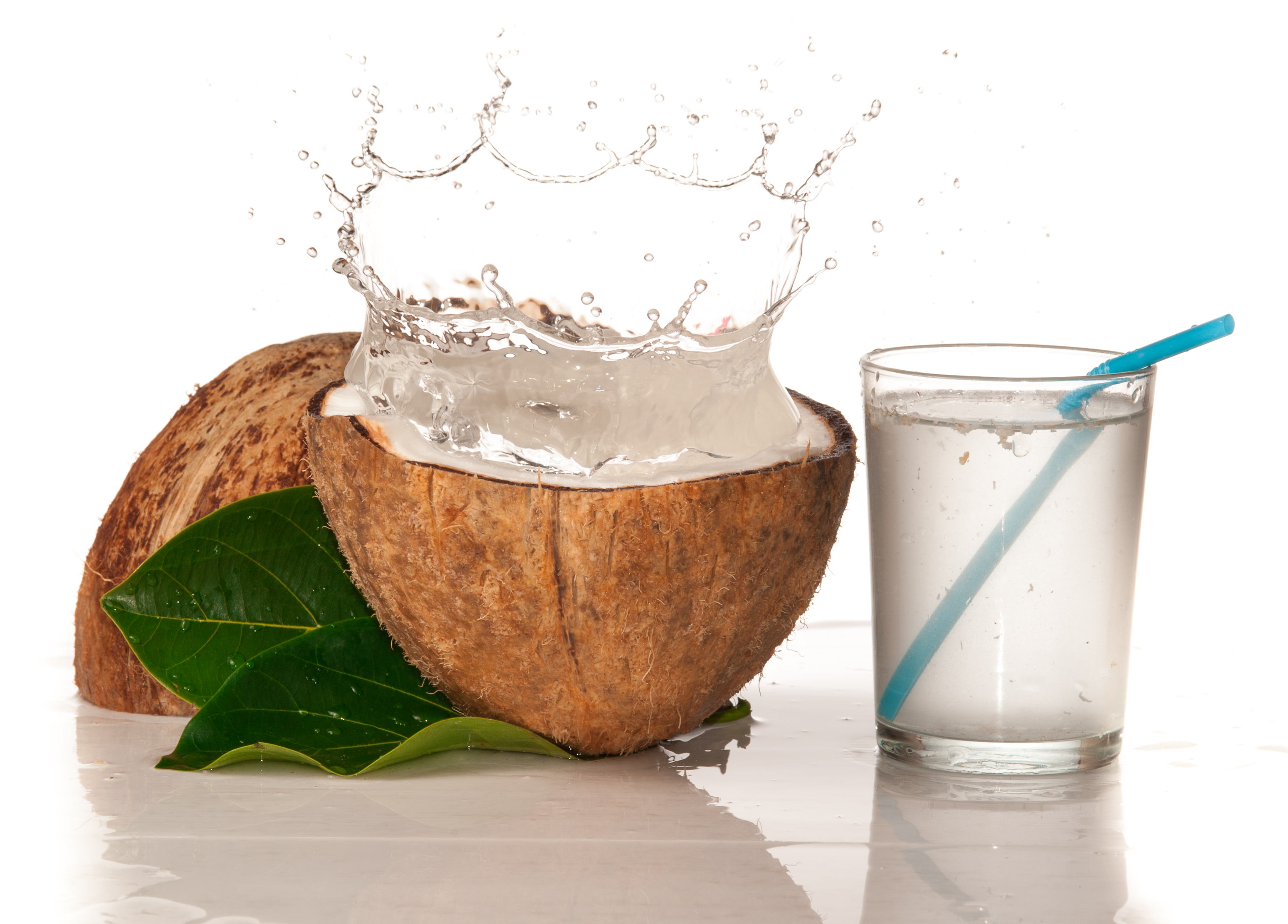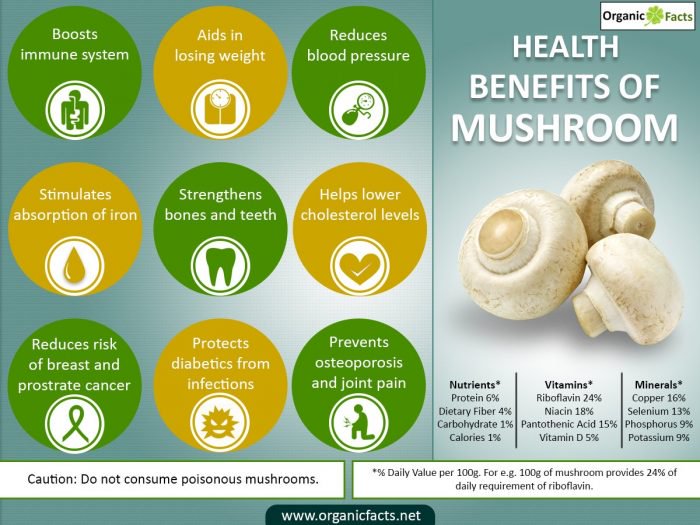Featured
8 Health Benefits of Coconut Water
Published
8 years agoon
By
Olu Emmanuel
In recent years, coconut water has become a very trendy beverage.
It is tasty, refreshing and also happens to be very good for you.
It is loaded with several important nutrients, including minerals that most people don’t get enough of.
Here are eight health benefits of coconut water:
- Good Source of Several Nutrients
Coconuts grow on large palm trees known scientifically as Cocos nucifera. Despite the name, the coconut is a fruit rather than a nut.
Coconut water is the juice found in the center of a young, green coconut. It helps nourish the fruit.
As the coconut matures, some of the juice remains in liquid form, while the rest ripens into the solid white flesh known as coconut meat (1).
Coconut water is produced naturally in the fruit and contains 94 percent water and very little fat.
It should not be confused with coconut milk, which is made by adding water to grated coconut meat. It contains about 50 percent water and is very high in coconut fat.
Coconuts take 10–12 months to fully mature. Coconut water typically comes from young coconuts about 6–7 months of age, although it’s also found in mature fruit.
An average green coconut provides about 0.5-1 cups of coconut water.
One cup (240 grams) contains 46 calories, as well as (2):
Carbs: 9 grams.
Fiber: 3 grams.
Protein: 2 grams.
Vitamin C: 10 percent of the RDI.
Magnesium: 15 percent of the RDI.
Manganese: 17 percent of the RDI.
Potassium: 17 percent of the RDI.
Sodium: 11 percent of the RDI.
Calcium: 6 percent of the RDI.
Bottom Line: Coconut water is found in young coconuts and is a good source of fiber, vitamin C and several important minerals.
- May Have Antioxidant Properties
Free radicals are unstable molecules that are produced in your cells during metabolism. Their production increases in response to stress or injury.
When there are too many free radicals, the body is said to be in a state of oxidative stress, which can damage cells and increase the risk of disease (3).
Research on animals exposed to toxins has shown that coconut water contains antioxidants, modifying free radicals so they no longer cause harm (4, 5, 6, 7).
One study found that rats with liver damage showed significant improvement in oxidative stress when they were treated with coconut water, compared to rats that received no treatment (6).
In another study, rats were fed a high-fructose diet and then treated with coconut water. Free radical activity decreased, as well as blood pressure, triglycerides and insulin levels (7).
So far, no studies have investigated this antioxidant activity in humans.
Bottom Line: Coconut water contains antioxidants that protect cells from damaging free radicals.
- May Have Benefits Against Diabetes
Research has shown that coconut water can lower blood sugar levels and improve other health markers in diabetic animals (8, 9, 10).
In one study, diabetic rats treated with coconut water maintained better blood sugar levels than other diabetic rats (9).
The same study also found that the rats had lower levels of hemoglobin A1c, a measure of long-term blood sugar control (9).
Another study found that providing the water to rats with diabetes led to improvements in blood sugar levels and reductions in markers of oxidative stress, including malondialdehyde (MDA) (10).
However, controlled studies need to confirm these effects in humans.
Nevertheless, with three grams of fiber and a digestible carb content of only six grams per cup, coconut water can easily fit into a diabetic meal plan.
In addition, it is a good source of magnesium, which has been shown to improve insulin sensitivity and decrease blood sugar levels in people with type 2 diabetes and prediabetes (11, 12).
Bottom Line: Studies on diabetic animals suggest that it may improve blood sugar control. It’s also a good source of magnesium, which may increase insulin sensitivity and reduce blood sugar levels.
- May Help Prevent Kidney Stones
Drinking enough fluids is important for kidney stone prevention.
Although plain water is a great choice, one study suggests that coconut water may be even better.
Kidney stones form when calcium, oxalate and other compounds combine to form crystals in the urine (13).
These can then form stones. However, some people are more susceptible to developing these stones than others (13).
In a study on rats with kidney stones, coconut water was found to keep crystals from sticking to the kidneys and other parts of the urinary tract. It also reduced the number of crystals formed in the urine (14).
The researchers believe that it helped reduce free radical production that occurred in response to high oxalate levels in urine.
However, this is the first study that has investigated coconut water’s effects on kidney stones and more research is needed in this area.
Bottom Line: Early animal research suggests that water from coconuts may potentially prevent kidney stones by reducing crystal and stone formation.
You may like
Trending

 Football2 days ago
Football2 days agoGuardiola advised to take further action against De Bruyne and Haaland after both players ‘abandoned’ crucial game

 Business1 week ago
Business1 week agoDollar crashes further against Naira at parallel market

 Business1 week ago
Business1 week agoRecapitalisation: Zenith Bank to raise funds in international capital market

 Education1 week ago
Education1 week agoArmy reveals date for COAS 2024 first quarter conference

 Crime1 week ago
Crime1 week agoFleeing driver injures two on Lagos-Badagry expressway

 Covid-191 week ago
Covid-191 week agoBritish legislator demands Bill Gates, other ‘COVID Cabal’ faces death penalty

 Business1 week ago
Business1 week agoZenith Bank surpasses N2trn earnings milestone

 Latest5 days ago
Latest5 days agoIsrael pounds Hezbollah with airstrikes after Iran attack







